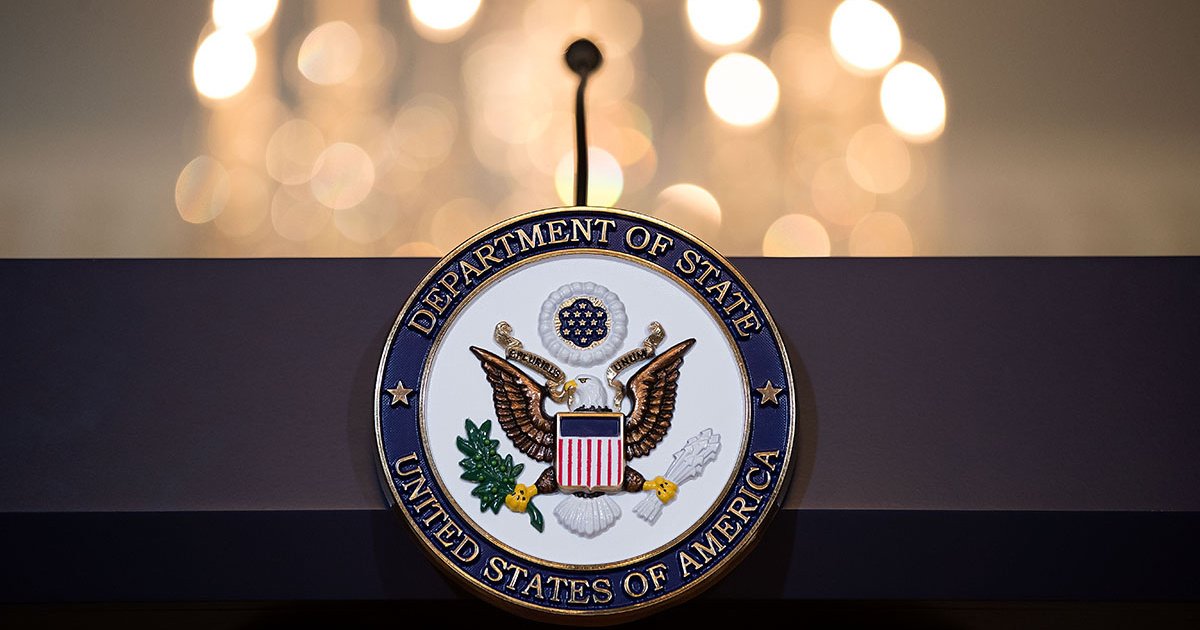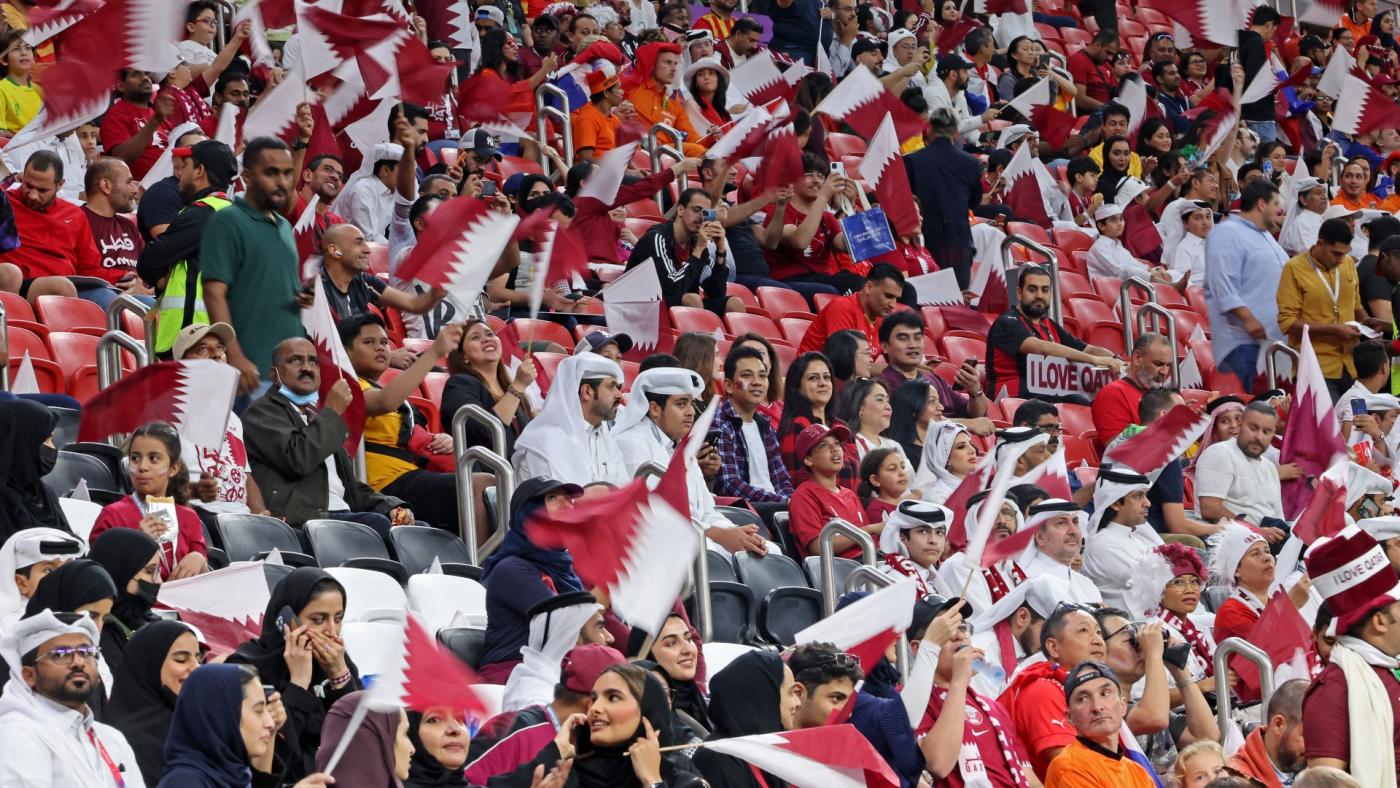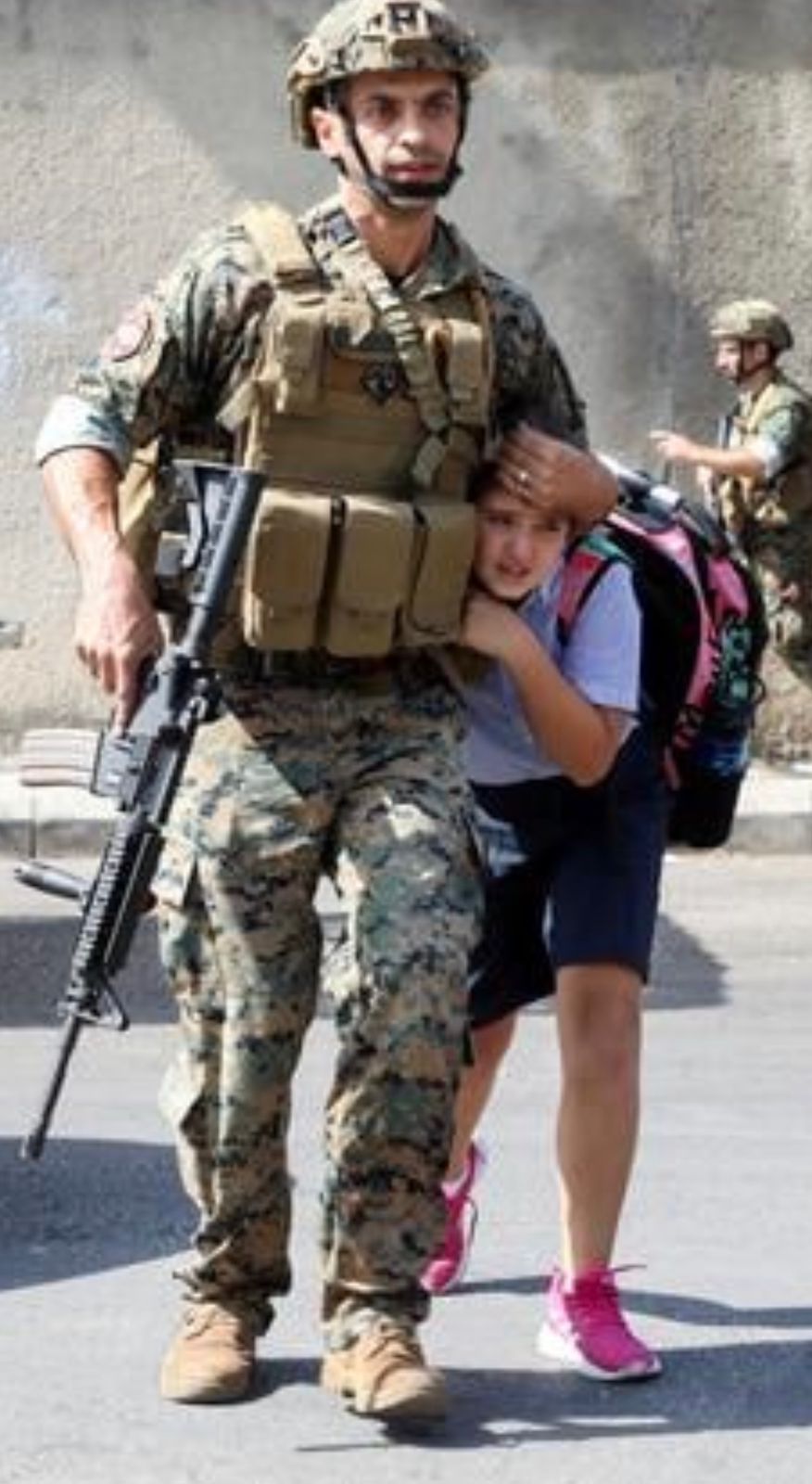
The Hill LAURA KELLY - Sen. Tom Cotton (R-Ark.) is blocking the Senate from voting on a bill aimed at providing close to $3 billion to victims of the Sept. 11, 2001, terrorist attacks, calling for victims of the 1983 bombings of the U.S. Marine Barracks in Beirut, Lebanon, to share in the compensation. The Republican senator opposed efforts by Senate Majority Leader Charles Schumer (D-N.Y.) last month to fast-track the “Fairness for 9/11 Families Act” to a vote on the Senate floor. The bill, H.R. 8987, passed the House in September with overwhelming bipartisan support, with 400 in support and 31 against. Cotton’s opposition presents an obstacle as the 117th Congress comes to a close and could force the bill’s sponsors to reintroduce it in the House in the next Congress, which begins in January. Cotton exercised his right to oppose the bill amid negotiations by Schumer to bring the legislation for a quick Senate floor vote through a process of unanimous consent, which can be employed when a bill is viewed as noncontroversial. “Senator Cotton will not allow a live [unanimous consent] of the bill as long as the Beirut bombing victims are left out,” James Arnold, press secretary for Cotton, told The Hill.
The Fairness for 9/11 Families Act was drafted to compensate 5,364 9/11 victims, spouses and dependents who were excluded from the U.S. Victims of State Sponsored Terrorism Fund (USVSSTF), established in 2015 as a way to compensate victims of terrorism who have secured final judgements in American courts against a state sponsor of terrorism. The more than 5,000 9/11 victims had earlier received compensation from the 2001 Victims Compensation Fund, but had argued they had been unfairly excluded from compensation from the USVSSTF. A report by the Government Accountability Office published in August 2021 found that the funds the 9/11 victims applied for through the USVSSTF amounted to about $2.7 billion. Lawmakers sought to provide this amount of money in a “catch-up payment” and drafted the Fairness for 9/11 Families Act, using leftover funds from the 2020 CARES Act, which was Congress’s COVID-19 relief package. But victims of the 1983 Beirut bombings are lobbying to also be acknowledged as missing out on payments provided by the USVSSTF.

by middleeasteye.net -- Qatar shipped in around 1,500 foreign fans, mainly from Lebanon, to support the country's national team in this year's World Cup, according to a report by the New York Times. The fans, who were also said to have come from Egypt, Algeria and Syria, were all "ultras" - a term originating in Italy, but now used worldwide, to describe followers known for their fanatical support. Authorities in host country Qatar had made the decision to bring in the fans amid concerns that matches involving the national team would otherwise only attract small numbers of low-key Qatari supporters.
The NYT said the main contingent had come from Lebanon after a test event was arranged in Beirut in April where hundreds of Lebanese students and fans of Nejmeh, a local club, were recruited to make a video at a stadium recreating the kind of intense atmosphere found at games attended by ultras. After impressing officials in Qatar, the fans were offered free flights, accommodation, match tickets and food, plus a small stipend, to support Qatar at the World Cup games. The newspaper said the fans arrived in mid-October, around a month before the tournament began, to rehearse their support, including newly written chants.
Story by Ryan Phillips — thebiglead.com — Iran’s run at the 2022 World Cup came to an end Tuesday, as it fell …

By NAJIA HOUSSARI -- arabnews.com -- BEIRUT: Rival drug-dealing families using machine guns and rocket-propelled grenades brought mayhem to the streets of a southern Beirut neighborhood during a series of violent clashes on Tuesday. Lebanese troops were forced to step in to end the fighting in an area adjoining the Burj Al-Barajneh camp for Palestinian refugees after members of the two families became embroiled in a dispute over drug trafficking. Clashes initially broke out late on Monday when Hassan Jaafar, an alleged Syrian drug dealer with a Lebanese mother, began arguing with members of a rival family living in the same area, known as the Baalbekien neighborhood. Samir Abu Afash, an official of the Palestine Liberation Organization and the Fatah movement in Beirut, told Arab News that Jaafar started “shooting randomly in the direction of the camp” due to a dispute with other gunmen. “We feared that something was planned against the camp,” he said.
Abu Afash said that the PLO has pledged not to interfere in Lebanese affairs, or involve refugee camps in any disputes between the Palestinians and the Lebanese. “So we contacted the Lebanese army and Hezbollah to stop the clashes. But the fights continued throughout the night and intermittently until the army intervened in the morning and entered the haven Jaafar had formed years ago for his gang and arrested two people. Jaafar remains at large.” He added: “Hezbollah and the Amal Movement have repeatedly stressed that they do not provide cover for Jaafar, and when they do intervene, he usually lays low for a while. Jaafar was able to make a name for himself in the area and managed to bring in prohibited materials into the camp, including building materials for example, along with drugs.” The army is believed to have seized stolen items, including motorcycles, during the raid. Burj Al-Barajneh camp is home to over 35,000 Palestinian refugees, as well as some Syrians and Palestinians who fled from Syria.
Khazen History


Historical Feature:
Churches and Monasteries of the Khazen family

St. Anthony of Padua Church in Ballouneh
Mar Abda Church in Bakaatit Kanaan
Saint Michael Church in Bkaatouta
Saint Therese Church in Qolayaat
Saint Simeon Stylites (مار سمعان العامودي) Church In Ajaltoun
Virgin Mary Church (سيدة المعونات) in Sheilé
Assumption of Mary Church in Ballouneh
1 - The sword of the Maronite Prince
2 - LES KHAZEN CONSULS DE FRANCE
3 - LES MARONITES & LES KHAZEN
4 - LES MAAN & LES KHAZEN
5 - ORIGINE DE LA FAMILLE
Population Movements to Keserwan - The Khazens and The Maans
ما جاء عن الثورة في المقاطعة الكسروانية
ثورة أهالي كسروان على المشايخ الخوازنة وأسبابها
Origins of the "Prince of Maronite" Title
Growing diversity: the Khazin sheiks and the clergy in the first decades of the 18th century
Historical Members:
Barbar Beik El Khazen [English]
Patriach Toubia Kaiss El Khazen(Biography & Life Part1 Part2) (Arabic)
Patriach Youssef Dargham El Khazen (Cont'd)
Cheikh Bishara Jafal El Khazen
Patriarch Youssef Raji El Khazen
The Martyrs Cheikh Philippe & Cheikh Farid El Khazen
Cheikh Nawfal El Khazen (Consul De France)
Cheikh Hossun El Khazen (Consul De France)
Cheikh Abou-Nawfal El Khazen (Consul De France)
Cheikh Francis Abee Nader & his son Yousef
Cheikh Abou-Kanso El Khazen (Consul De France)
Cheikh Abou Nader El Khazen
Cheikh Chafic El Khazen
Cheikh Keserwan El Khazen
Cheikh Serhal El Khazen [English]
Cheikh Rafiq El Khazen [English]
Cheikh Hanna El Khazen
Cheikha Arzi El Khazen
Marie El Khazen